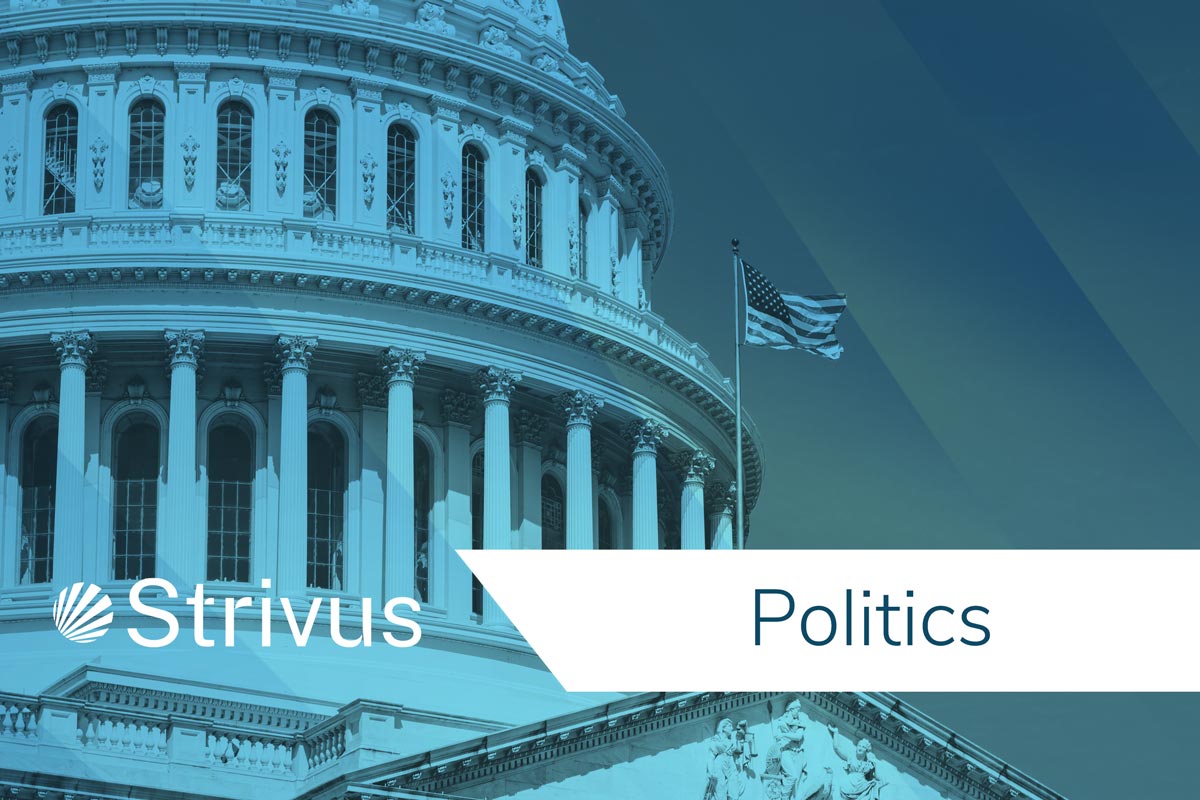Education

First Amendment Under Assault (Be Wary, Investors)

“Who owns Twitter?” That’s a question nearly everyone will get wrong, usually responding, “Jack Dorsey.” Is that important? Yes, it is very important, because it is wrong. The real owners of Twitter likely include you, since you are reading a financial blog. You most likely own Twitter shares in your Pension Plan, IRA, 401(k), 403(b), and/or Brokerage Accounts, directly or through Mutual Funds and Exchange-Traded Funds. Jack Dorsey is the Chief Executive Officer (CEO) of Twitter, but a quick Internet search revealed that he owns only 2.3% of the company. In fact, he is not even the largest single shareholder in the company.
You have probably heard some media “experts” claim that, “Twitter is a private company, so it can do whatever it wants.” This statement displays an appalling ignorance regarding our economic system. Private companies do not trade shares of stock among the public. Shares of companies like Twitter are bought and sold by the public on stock exchanges (“TWTR” is the ticker symbol for Twitter). Twitter is a public company, not a private company.
Like all public companies, Twitter’s executives have a fiduciary responsibility to shareholders. This responsibility is regulated by the Securities and Exchange Commission, or SEC. The “watchdog” SEC regulators have no tolerance for executives who “do whatever they want.”
The First Amendment to the U.S. Constitution is under assault in 2020. We fear for its continued existence, unless Americans everywhere wake up and demand that it be restored and preserved forever. Over-reaction by government officials to the coronavirus has placed Freedom of Speech, Assembly and Religion in a precarious position. Recently, Twitter also cracked opened Pandora’s Box in the arena of Free Speech, exercising what edges up closely to censorship of competing political ideas. The target, of course, was President Donald J. Trump.
Ultimately, investors will get hurt if our free market gets damaged in the rubble of these disputes. Stock and bond investments will be devalued, and we will all pay the price. Therefore, we should all care enough to fight the actions of Twitter in disparaging President’s Trump’s stated opinions. (Note that this concept should apply to all users, with only the most dangerous posts, such as “yelling fire in a crowded theater” type statements being suppressed.)
In 1996, Congress passed the Communications Decency Act, or CDA. Within the DCA is Section 230, which expressly limits the liability of providers of “interactive computer services,” which is now held to include Social Media companies. It is a “carve-out” from the degree of liability most companies endure.
Van Wie Financial believes that this carve-out privilege is absolutely necessary to protect Americans’ Free Speech rights. Twitter (and Dorsey himself) displayed appalling arrogance and indifference by their smackdown of free speech. Also, it highlighted public ignorance of “things Wall Street.” Losing Section 230 privileges would seriously hurt Social Media companies, and they know it.
Watch carefully the fallout from this ill-advised and very personal assault on the First Amendment. In our opinion, the issue will most likely be dragged through all three branches of government, as Trump’s retaliatory Executive Order will be challenged, and Congress will feel their age-old urge to “do something.” Whatever happens, it will wind up in the court system for actual decisions. If the system doesn’t function properly, First Amendment rights of Americans are likely to wind up diminished.
Let’s hope that both sides come to the obvious conclusion; our First Amendment needs to be protected, so that all Americans are the winners.
Van Wie Financial is fee-only. For a reason.
